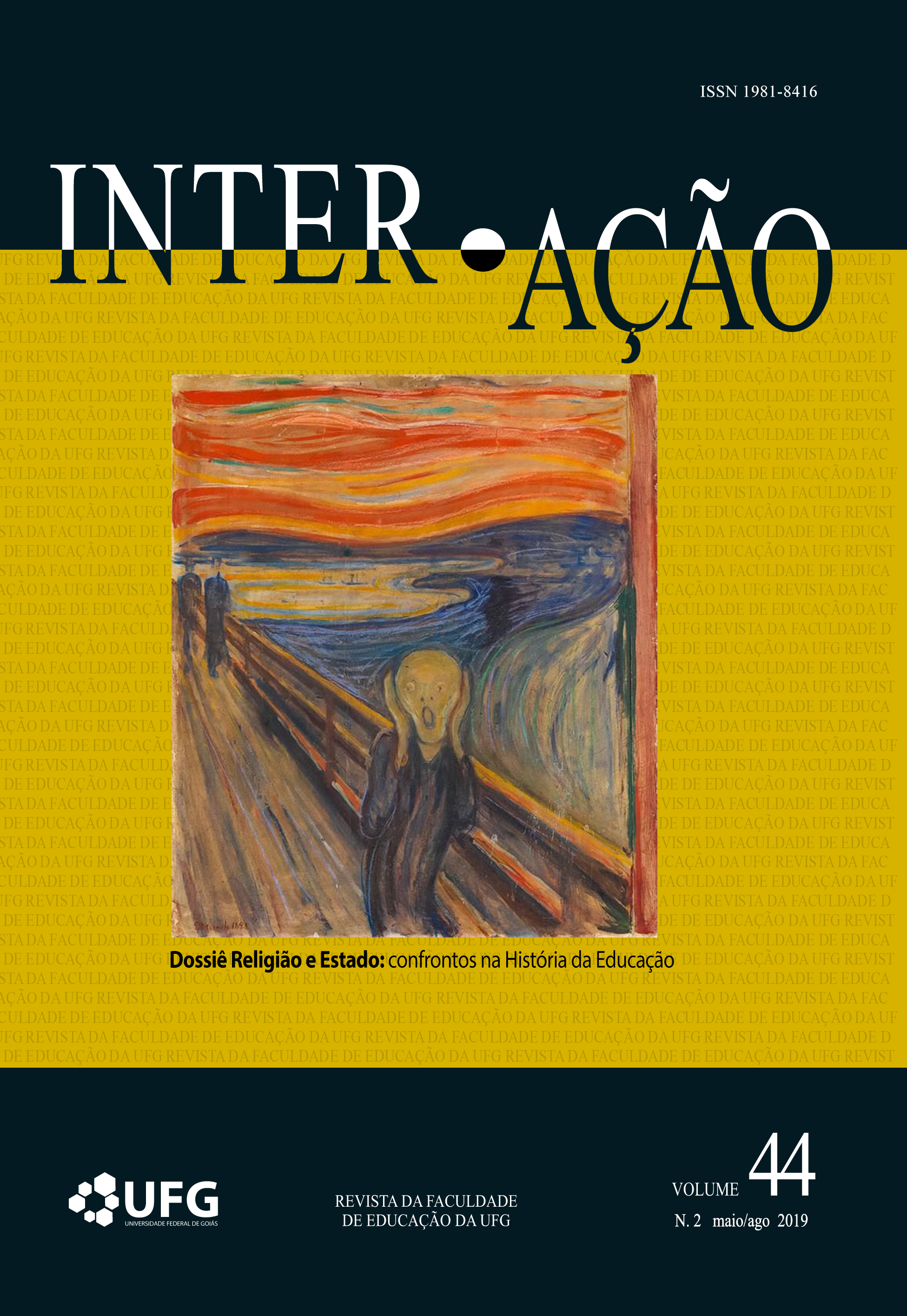PERMANÊNCIA NA EJA: O QUE NOS DIZEM OS JOVENS E ADULTOS ESTUDANTES DA ZONA RURAL DE SOBRAL
DOI :
https://doi.org/10.5216/ia.v44i2.55204Résumé
Este artigo traz um recorte das análises de pesquisa que tem como objetivo compreender as motivações e os sentidos que estudantes de Educação de Jovens e Adultos (EJA) oferecem para a sua permanência em uma escola municipal da zona rural de Sobral. Como instrumento de coleta de dados, utilizamos a entrevista semiestruturada, aplicada a 4 estudantes de uma turma multisseriada dos anos do ensino fundamental, dos quais captamos respostas que foram analisadas por meio da técnica de Análise Textual Discursiva. Nos resultados apuramos que as relações afetivas entre estudantes, entre eles e a professora e a prática pedagógica adotada são alguns fatores que motivam os estudantes a permanecerem na escola.
Téléchargements
Téléchargements
Publié-e
Versions
- 2026-01-21 (2)
- 2019-08-12 (1)
Comment citer
Numéro
Rubrique
Licence
© FRANCISCO JOSIMAR RICARDO XAVIER, ADRIANO VARGAS FREITAS 2019

Cette œuvre est sous licence Creative Commons Attribution - Pas d'Utilisation Commerciale 4.0 International.
A Inter-Ação utiliza como base para transferência de direitos a licença Creative Commons Attribution 4.0 para periódicos de acesso aberto (Open Archives Iniciative - OAI). Por acesso aberto entende-se a disponibilização gratuita na Internet, para que os usuários possam ler, baixar, copiar, distribuir, imprimir, pesquisar ou referenciar o texto integral dos documentos, processá-los para indexação, utilizá-los como dados de entrada de programas para softwares, ou usá-los para qualquer outro propósito legal, sem barreira financeira, legal ou técnica.
Autores que publicam neste periódico concordam com os seguintes termos:
1) Autores mantém os direitos autorais e concedem à revista o direito de primeira publicação, com o trabalho simultaneamente licenciado sob a Licença Creative Commons Attribution que permite o compartilhamento do trabalho com reconhecimento da autoria e publicação inicial nesta revista.
2) Autores têm autorização para assumir contratos adicionais separadamente, para distribuição não-exclusiva da versão do trabalho publicada nesta revista (ex.: publicar em repositório institucional ou como capítulo de livro), com reconhecimento de autoria e publicação inicial nesta revista.
3) Autores têm permissão e são estimulados a publicar e distribuir seu trabalho online (ex.: em repositórios institucionais ou na sua página pessoal) a qualquer ponto antes ou durante o processo editorial, já que isso pode gerar alterações produtivas, bem como aumentar o impacto e a citação do trabalho publicado.















